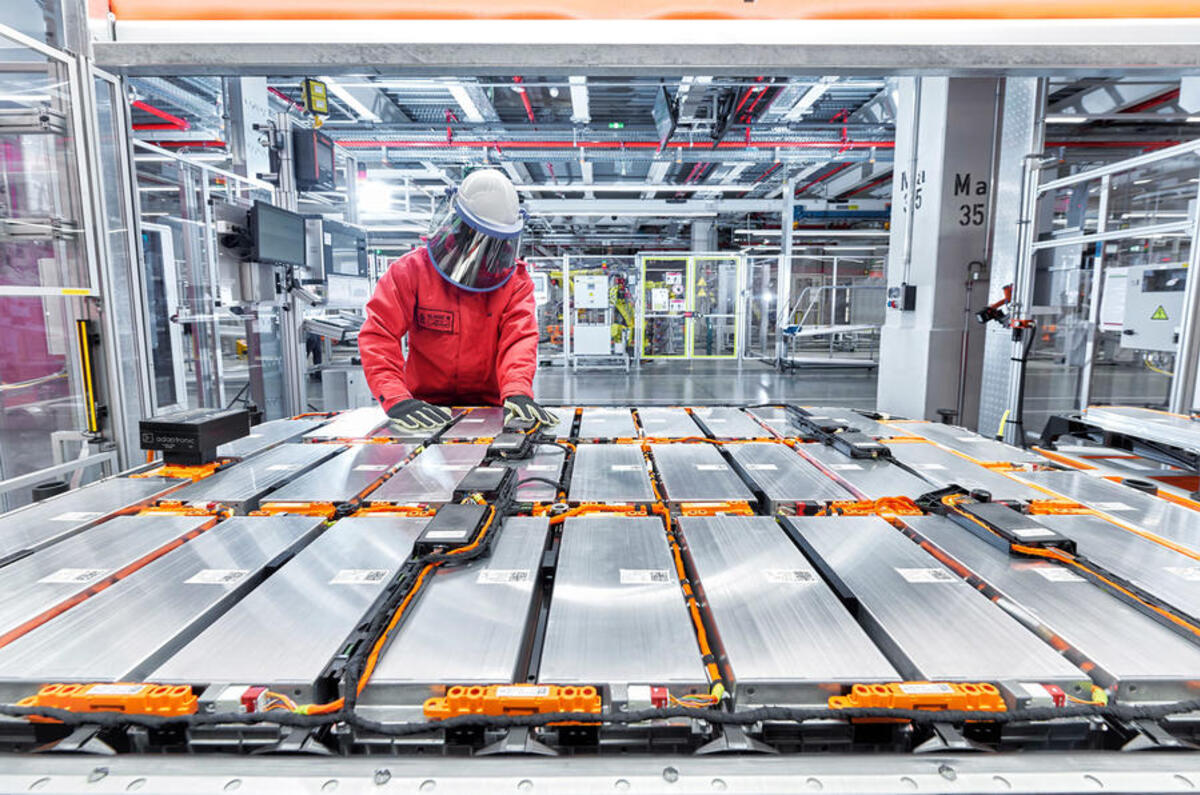Supply chains are now the most critical part of the automotive sector as we move into an all-electric world, a motoring expert has claimed in Autocar’s latest webinar on the future of manufacturing.
Peter Wells, director of the Centre for Automotive Industry Research at the Cardiff Business School, said car makers – especially start-ups – will need to make sure parts for future EVs can be reliably sourced, or else face failure.




Add your comment